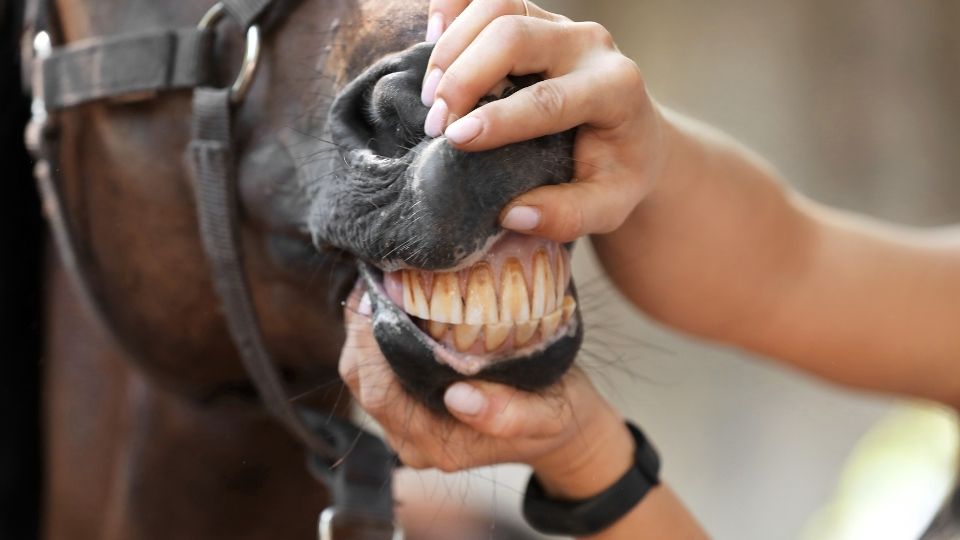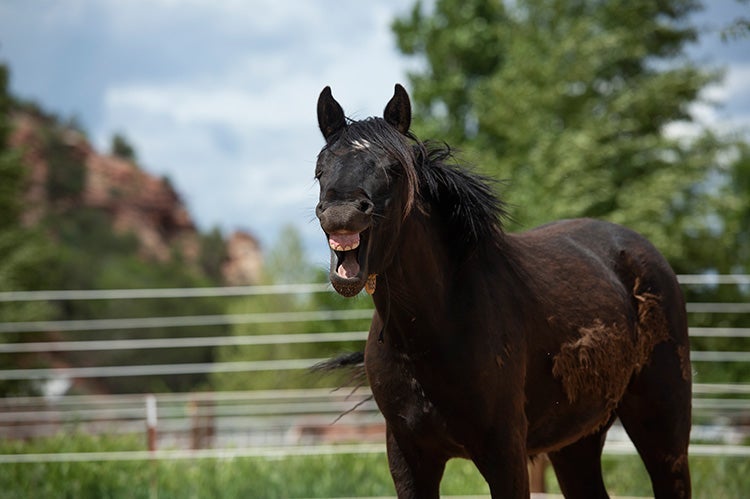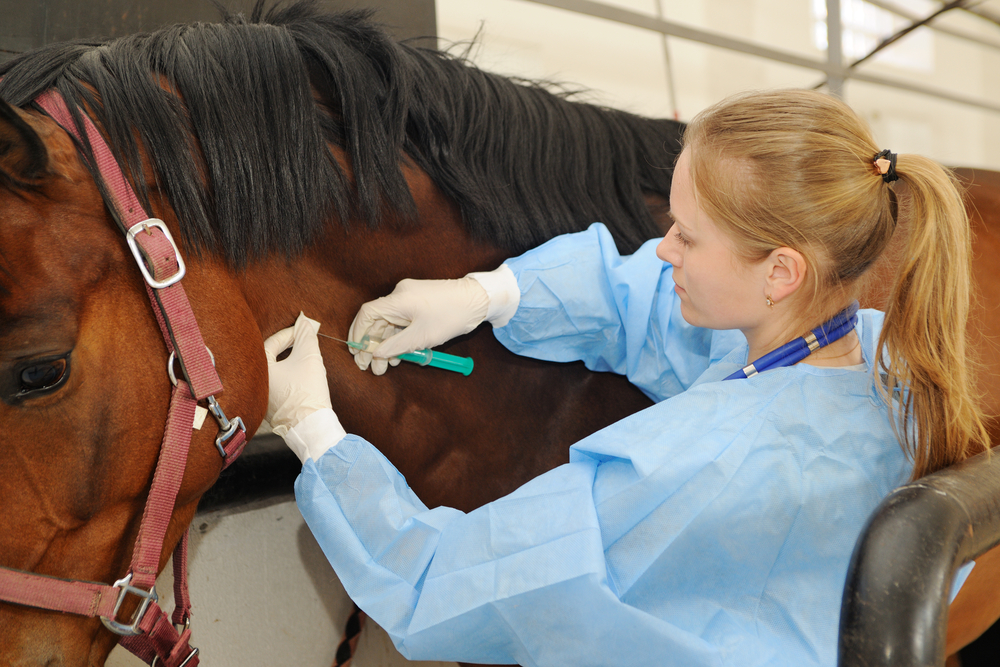The world of horses is both fascinating and complex, with many aspects that require dedicated attention. One such area is understanding the implications of equine tongue lacerations. These injuries are more common than one might think and can significantly affect a horse’s health and behavior. Being informed about how to manage and prevent these lacerations is crucial for any horse owner or enthusiast.
In the equestrian community, ensuring the well-being of horses is a top priority. Lacerations on a horse’s tongue can occur due to various reasons, including accidents with sharp objects or improper use of equipment. Recognizing the symptoms and knowing how to treat and prevent these injuries can make a substantial difference in a horse’s quality of life.

What Are Equine Tongue Lacerations?
Equine tongue lacerations are cuts or tears on the tongue of a horse. These can result from several factors, such as biting on sharp objects, accidents during feeding, or mishandling of dental tools. Understanding these lacerations is vital for effective management and care.
Causes of Tongue Lacerations in Horses
Improper Equipment Use
One of the leading causes of equine tongue lacerations is the improper use of equipment. The use of poorly fitted bits or harsh handling can easily lead to injuries. It’s important to ensure that all equipment is well-suited to the horse and handled correctly.
Accidental Injuries
Horses can accidentally bite their tongues, especially when frightened or agitated. Additionally, sharp objects in their environment, like broken fences or feeders, can cause lacerations. Regular inspection of the horse’s surroundings can help minimize these risks.
Dental Procedures
Dental procedures, if not conducted carefully, can also lead to tongue injuries. Ensuring that only qualified professionals handle dental care can prevent such accidents. For more insights on dental exams, it’s essential to consult reliable sources.
Symptoms of Tongue Lacerations
Recognizing the symptoms of equine tongue lacerations is crucial for timely treatment. Common signs include:
- Excessive drooling
- Difficulty eating or drinking
- Visible cuts or bleeding in the mouth
- Changes in behavior, such as irritability or reluctance to be handled
Treatment Options for Tongue Lacerations
Immediate First Aid
In case of a tongue laceration, immediate first aid is essential. Rinsing the mouth with a saline solution can help clean the wound and prevent infection. It’s important to keep the horse calm during this process.
Veterinary Care
Severe lacerations require professional veterinary care. A veterinarian can assess the injury’s extent and provide appropriate treatment, which may include stitches or medications to prevent infection. Consistent monitoring and follow-up are crucial for recovery. For further reading, check this guide on equine dentistry.
Preventing Tongue Lacerations
Regular Equipment Checks
Regularly inspecting and maintaining all equipment used with horses is key to preventing lacerations. Ensure that bits and bridles fit properly and are in good condition.
Safe Environment
Keeping the horse’s environment free from sharp objects and potential hazards can greatly reduce the risk of tongue injuries. Regularly walk through pastures and stalls to identify and remove any dangers.
Professional Care
Using qualified professionals for dental and other veterinary care ensures that procedures are carried out safely, reducing the risk of accidental injuries. Learn more about tooth grinding and how it can affect your horse’s oral health.
The Importance of Awareness and Education
Educating oneself about equine tongue lacerations and their management is crucial for the health of horses. By understanding the causes, symptoms, and treatments, horse enthusiasts can ensure their animals lead happy, healthy lives. Engage with local equestrian groups and online forums to stay informed and share knowledge.

FAQ Section
What should I do if I notice a laceration on my horse’s tongue?
Initially, rinse the wound with a saline solution and contact a veterinarian for a thorough assessment and appropriate treatment.
How can I prevent tongue lacerations in my horse?
Regular equipment checks, maintaining a safe environment, and ensuring professional veterinary care are effective strategies to prevent lacerations.
Are tongue lacerations in horses common?
While not extremely common, tongue lacerations can occur, especially in environments with potential hazards or during improper handling of equipment.
This article contains affiliate links. We may earn a commission at no extra cost to you.
